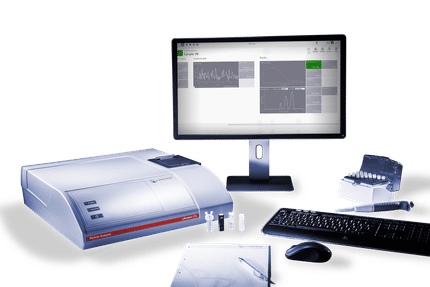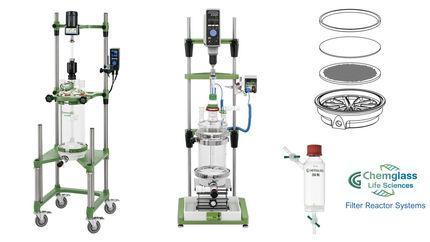To use all functions of this page, please activate cookies in your browser.
my.chemeurope.com
With an accout for my.chemeurope.com you can always see everything at a glance – and you can configure your own website and individual newsletter.
- My watch list
- My saved searches
- My saved topics
- My newsletter
Chemical gardenA Chemical garden is an experiment in chemistry normally done by adding solid metal salts such as copper sulfate or Cobalt(II) chloride to an aqueous solution of sodium silicate (otherwise known as waterglass). Product highlightThe chemical garden relies on the fact that most transition metal silicates are insoluble in water and are coloured. A metal salt such as cobalt chloride will start to dissolve in the water, it will then form insoluble cobalt silicate by a double decomposition reaction (anion metathesis). This cobalt silicate is a semipermeable membrane. Because the ionic strength of the cobalt solution inside the membrane is higher than the sodium silicate solution which forms the bulk of the tank contents, osmotic effects will increase the pressure within the membrane. This will cause the membrane to tear forming a hole. The cobalt cations will react with the silicate anions at this tear so forming new solid. In this way growths will form in the tanks, these will be coloured (according to the metal) and may look like plants. The crystals formed from this experiment will grow upwards, since the pressure at the bottom of the tank is higher than the pressure closer to the top of the tank, therefore forcing the crystals to grown upwards. While at first it might seem like the crystal garden is just a bit of fun, some serious work has been done on the subject. [1] For instance this chemistry is related to the setting of cement, and during the corrosion of steel surfaces tubes can be formed. A chemical garden helps very much to know the nature of that chemical substance. See also
References
Categories: Chemical processes | Chemistry classroom experiments |
| This article is licensed under the GNU Free Documentation License. It uses material from the Wikipedia article "Chemical_garden". A list of authors is available in Wikipedia. |







